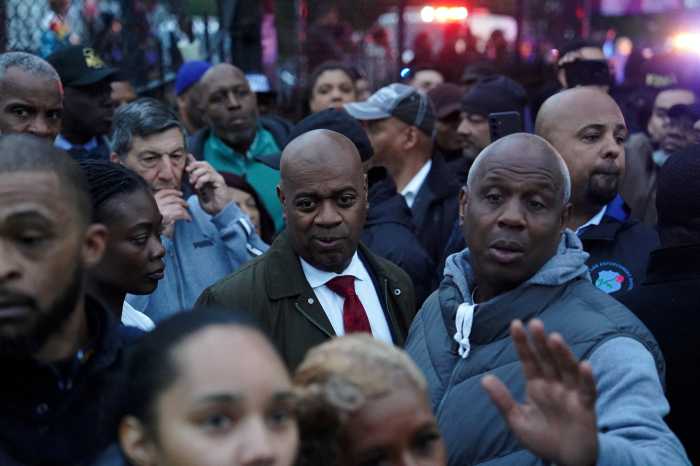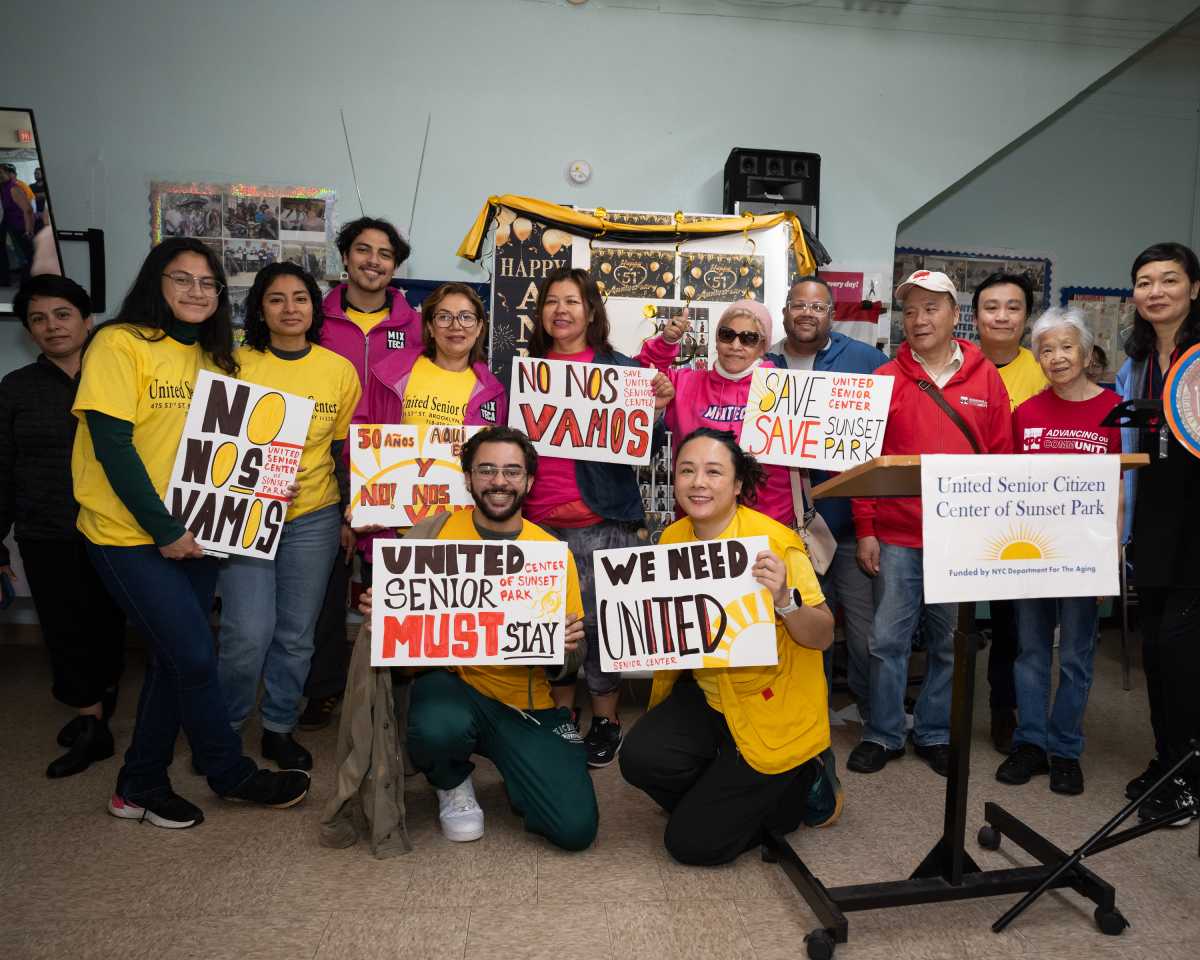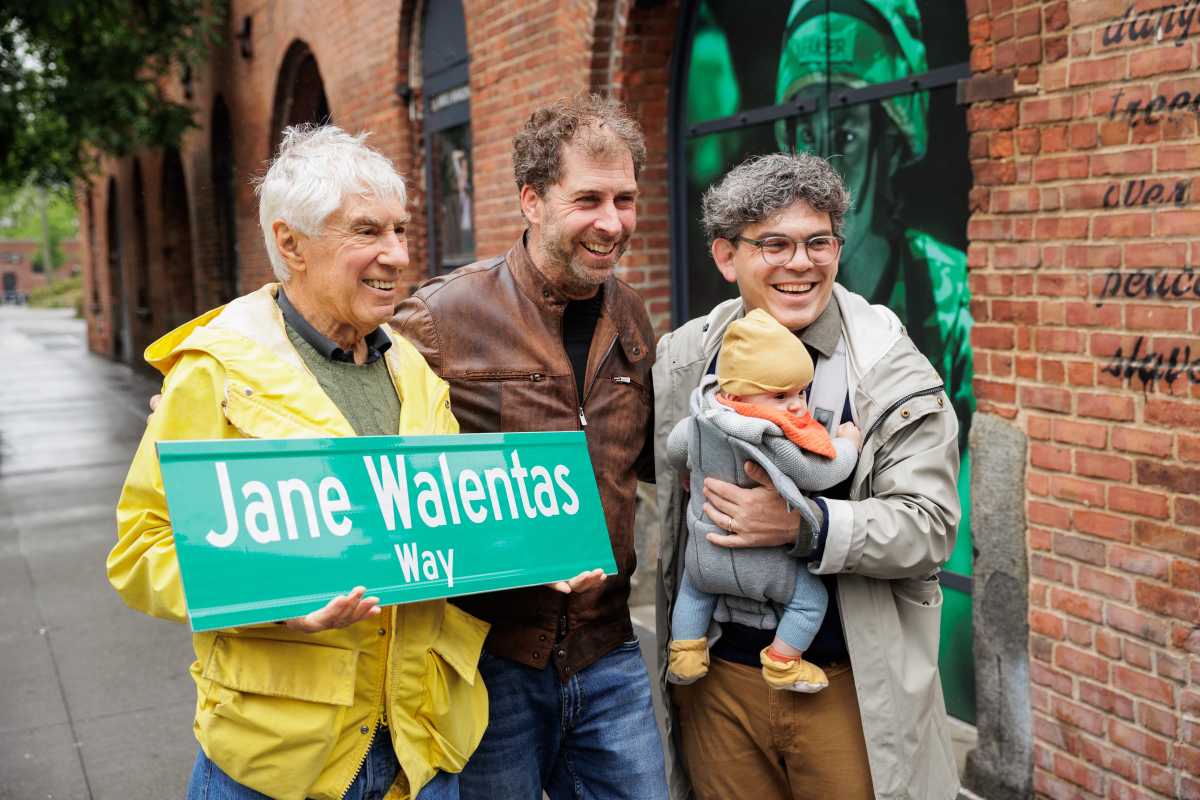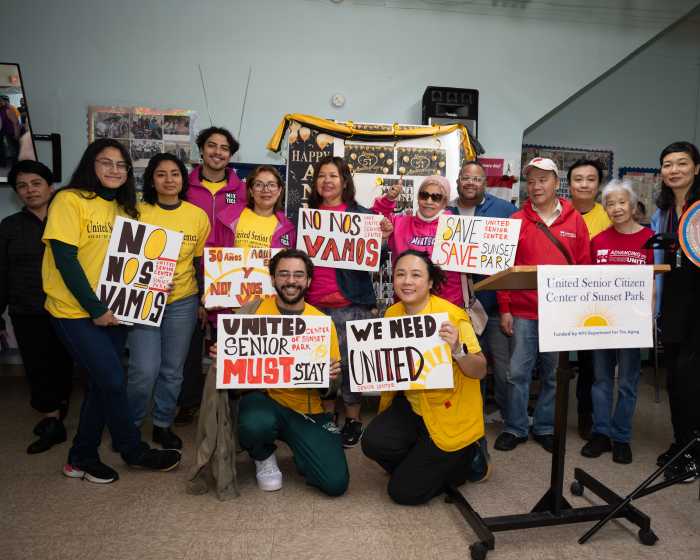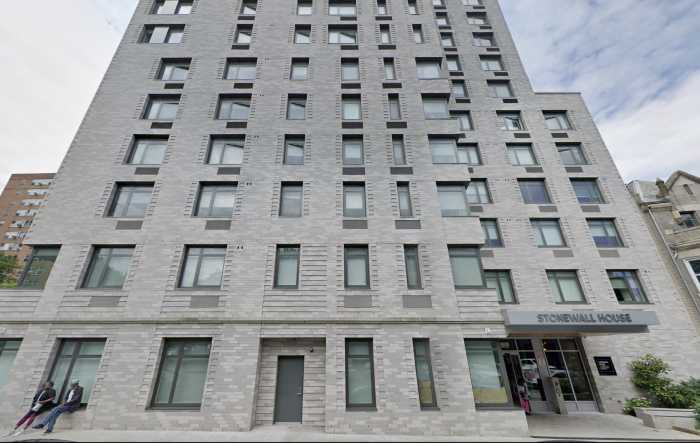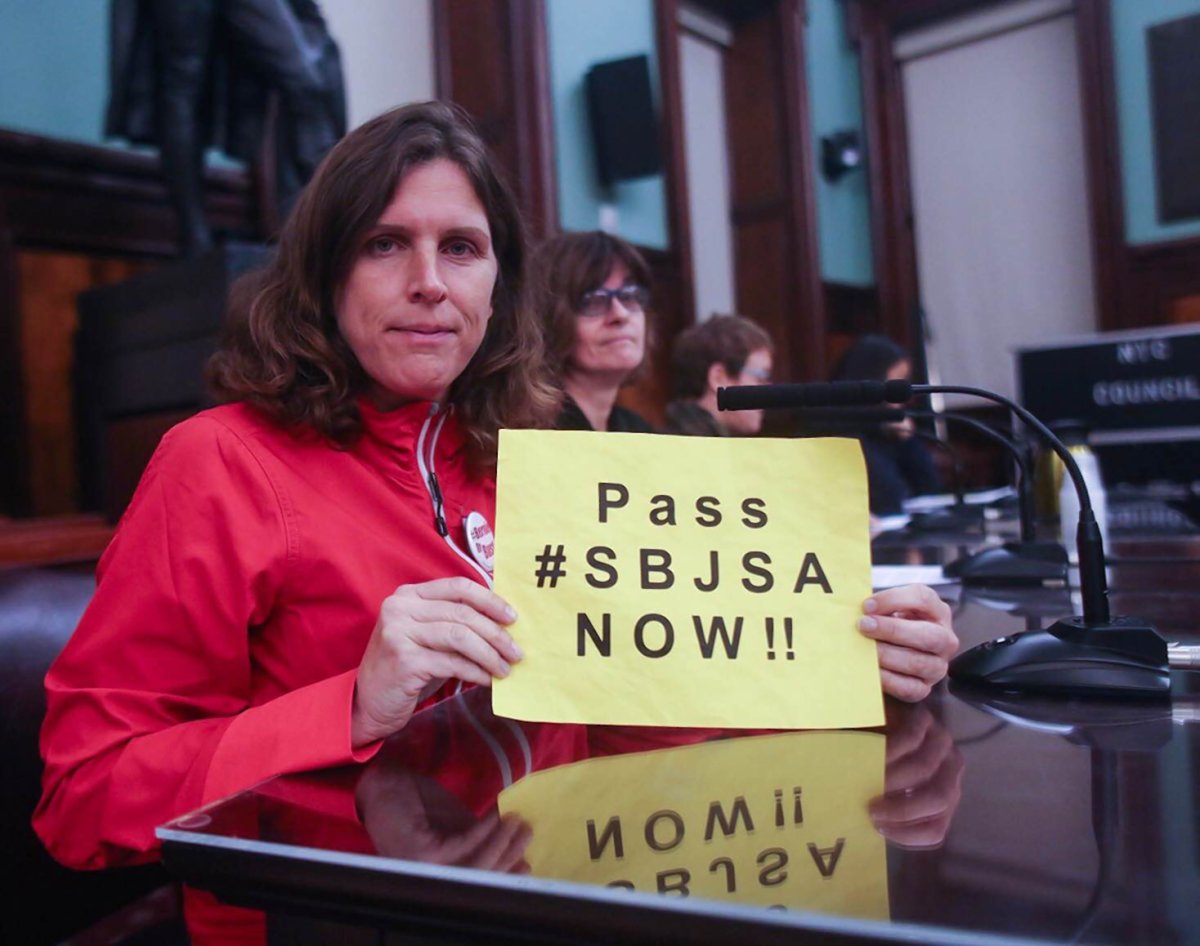
BY DENNIS LYNCH | The Council’s Committee on Small Business met on September 30 to discuss strategies to help small businesses stay alive and thrive in a city with skyrocketing rents. But noticeably absent from the committee’s briefing paper was any mention of the Small Business Jobs Survival Act. The S.B.J.S.A. is a long-stalled measure that proponents believe will give small businesses the leverage they need with their landlords to stay in business.
The bill would require landlords to give commercial tenants a 10-year minimum lease with the right to renew; create third-party binding arbitration process if a “fair” lease could not be agreed upon; limit security deposits to two months’ rent; and protect tenants against rent-gouging and retaliation from landlords, among other provisions.
Advocates believe that politicians are stalling because powerful real estate interests are pulling their collective strings. Lawmakers on the committee didn’t bring up the S.B.J.S.A. at the hearing — even though five of nine members currently sponsor the bill. Instead they focused on tax breaks for tenants and landlords, as well as regulating chain stores through zoning restrictions, and creating more commercial space through zoning.
S.B.J.S.A. supporters were frustrated, and brought up the bill themselves at the meeting.
“It was disappointing,” Kristen Theodos of TakeBackNYC said. “They had two things they wanted to discuss: zoning and landlord incentives. We thought if it doesn’t address the crux of the problem — which is high rents and short-term leases — then it’s useless. Everything else is just smoke and mirrors.”
Theodos, other members of TakeBackNYC, and fellow supporters held up signs reading “Pass #SBJSA NOW!!”
TakeBackNYC has collected more than 400 signatures on a petition demanding that Mayor de Blasio, Councilmember Robert Cornegy, who chairs the Small Business Committee, Public Advocate Letitia James, who sponsors the bill, and Speaker Melissa Mark-Viverito call a public hearing and finally vote on the bill.
“If any of them wanted to, they could snap their fingers and have a hearing tomorrow,” Theodos said.
But pols and other critics cite potential legal issues with the bill when proponents or reporters push the issue. Last year, the then-president of the Real Estate Board of New York, an industry trade association, told The Villager he did not believe the Council and mayor “have the power to impose control on the leasing of properties.”
“At very least, it would have to go to the state — and we’re not sure that the state would have the power to impose this,” Steve Spinola said.
REBNY did not respond to requests for comment for this article.
The S.B.J.S.A. has existed in some form or another in the Council since the 1980s. Its current incarnation currently has 27 sponsors, or one sponsor over the 26-vote halfway mark needed to pass it in the 51-member Council. But no Council speaker has let it to reach the floor for a vote, including Mark-Viverito, who two years ago promised to this newspaper to hold hearings on the legality of the bill and still has not.
“We want to do an issues-based hearing and would look at all legislation,” Mark-Viverito told The Villager in June 2015.
So the S.B.J.S.A. has become symbolic for its proponents of the Council’s inability — or unwillingness, depending who you ask — to tackle the inequities in commercial tenant-landlord relationships in this city. At the very least, Speaker Mark-Viverito should follow through with her promise and allow for a hearing to discuss potential issues with the bill, said the director of the Greenwich Village Society for Historic Preservation.
“If there are those in the City Council and administration that believe there are reasons why it wouldn’t pass legal muster, then hold a hearing and present the case to the public,” Andrew Berman of G.V.S.H.P. said. “But it hasn’t received one, which certainly makes it look like their issue is less a genuine case and more a desire to bury the bill.”
Berman’s colleague at G.V.S.H.P., Harry Bubbins, attended Friday’s committee hearing and was optimistic that the renewed attention the S.B.J.S.A. received at the hearing could lead to broader discussion at City Hall.
“This hearing was part of the process of identifying a variety of strategies,” Bubbins said. “Any serious consideration of the issue would be hard-pressed to not consider this bill. Rather than look back at what’s been stalled and that it’s been hard to get a hearing, the committee members knew [this bill] would come up, and had a hearing anyways. So, I think that’s a good thing.”




